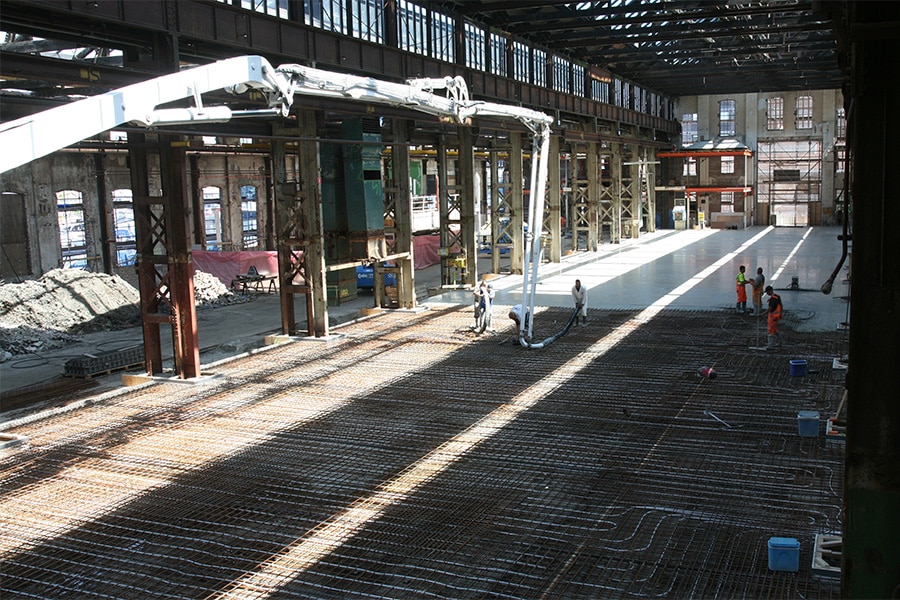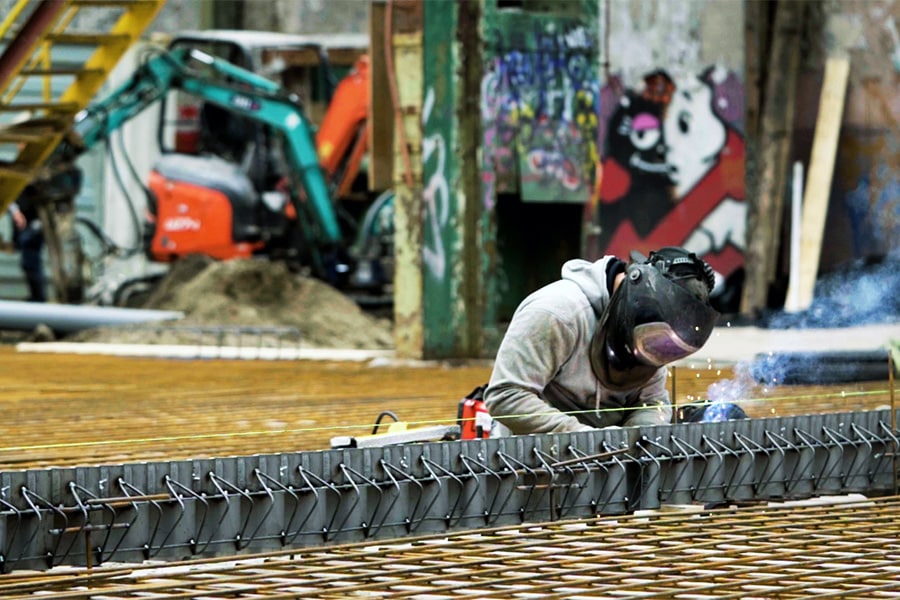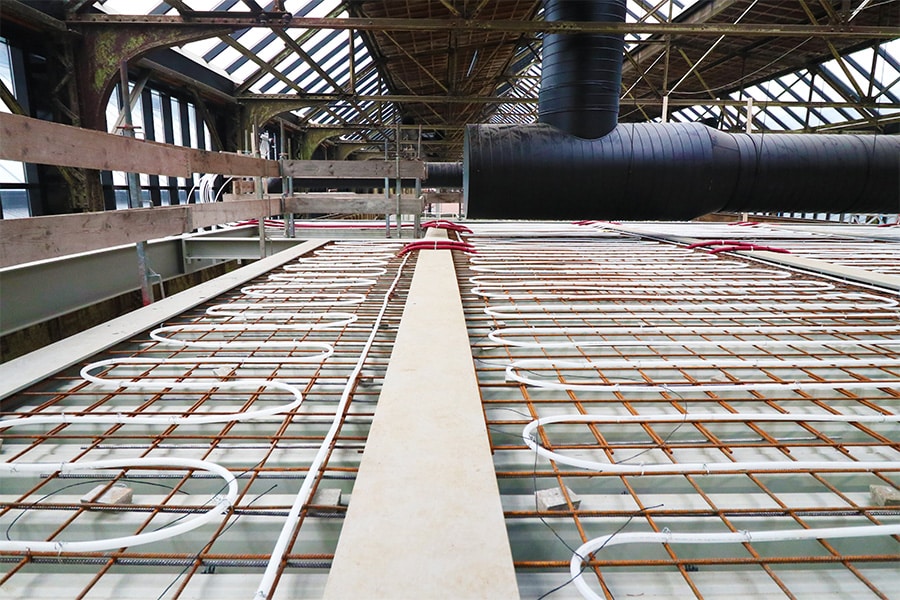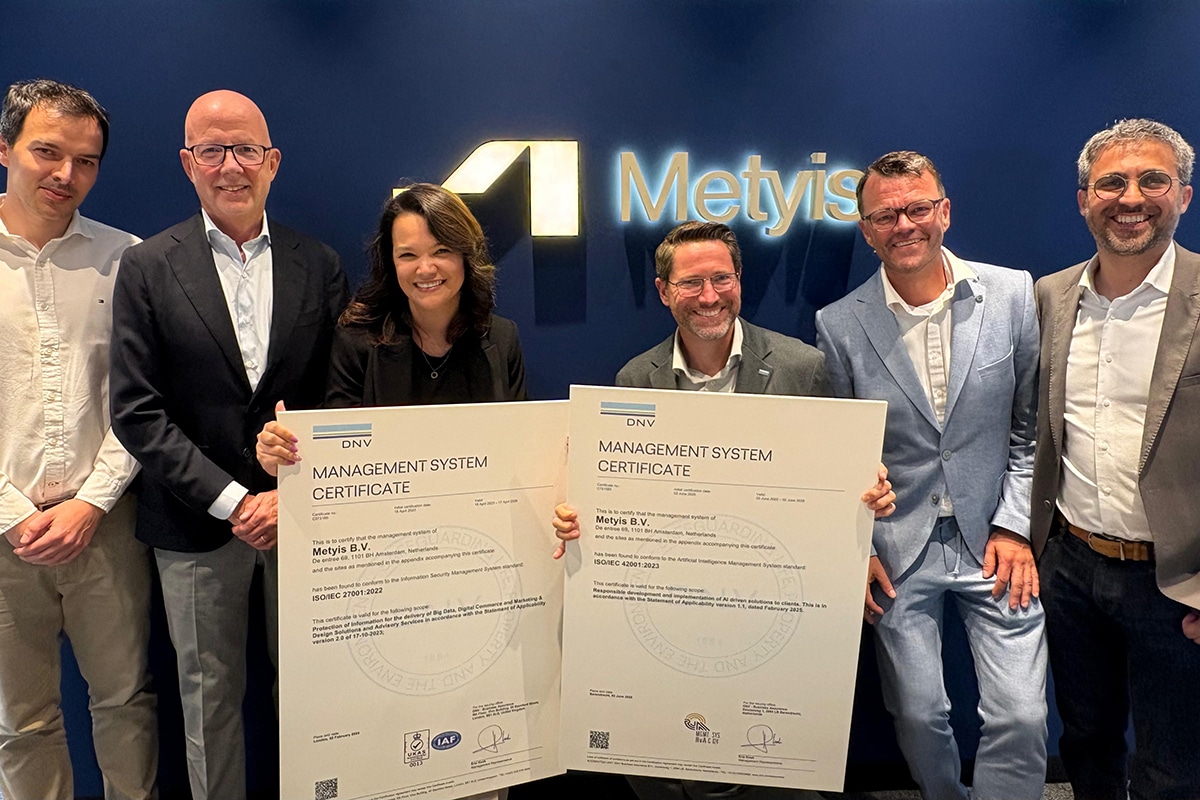
Circular gravel columns
In view of the established climate goals, the emphasis in construction is also increasingly on CO2-neutral construction. In recent years, Keller Funderingstechnieken has noticed an increasing demand for circular gravel columns as an alternative to pile foundations. The specialist in soil improvement 'scores' with this technique almost structurally a factor 12 less CO2 emissions compared to the simplest pile foundation. This is quite apart from the many other structural advantages, such as foundations on steel and savings in floor thicknesses.
Keller Funderingstechnieken is part of the world's largest foundation company. "Our strength is mainly that we use our global strength locally. Although we operate globally, we have branches everywhere locally," says Richard Looij of Keller Funderingstechnieken. "That means we have knowledge of local requirements and properties, but we can use the expertise and machinery of the entire group. For example, we work a lot with our German and French colleagues and regularly call on 'their' equipment, which incidentally is mostly developed in-house."

Foundations on steel
In non-load-bearing areas in the Netherlands, it is almost standard practice to base a structure on piles. "In recent years, this is changing more and more," notes Marcel Mertens of Keller Funderingstechnieken. "Contractors are open to alternatives. As a geotechnical contractor, we are uniquely capable of improving non-load-bearing subsoil with circular gravel columns, which allows you to simply foundation on steel. Because there is no cement involved, but natural raw materials, limestone or concrete granules, the CO2 savings are enormous. As icing on the cake, the entire floor construction can also be made lighter, a reduction of up to 20% is no exception. Another advantage is that we leave the construction site in the same condition as we find it. After all, with gravel columns, no reinforcement bars stick out of the ground as obstacles. The site is perfectly accessible and walkable."
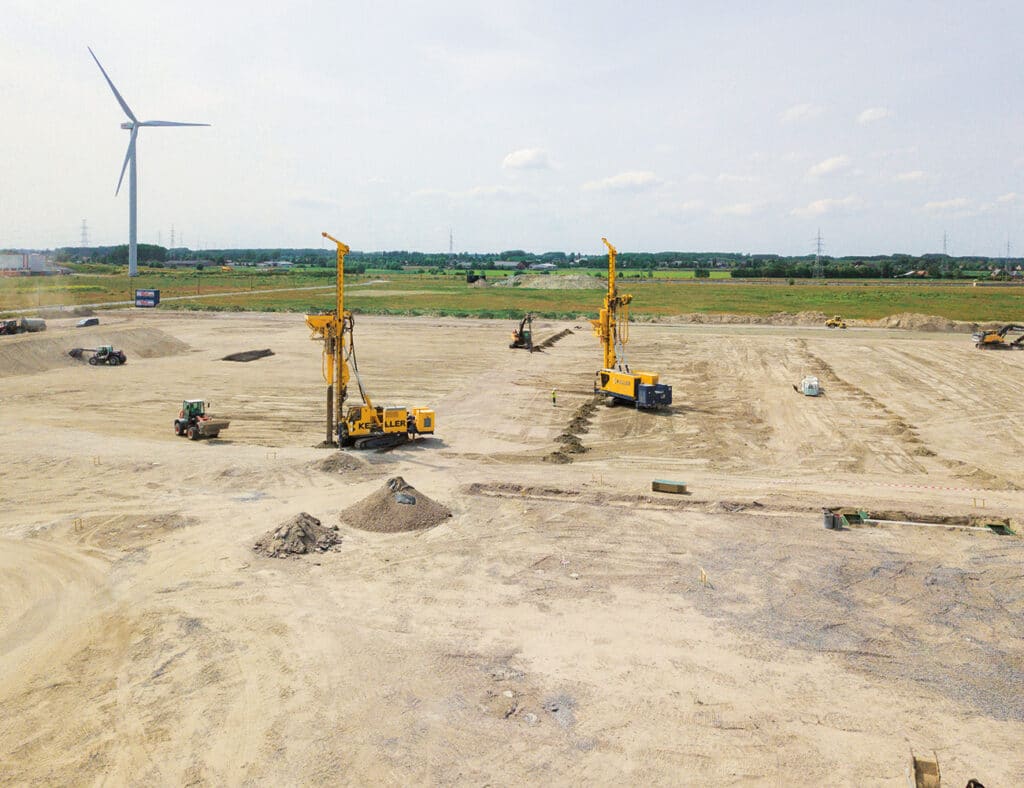
Large distribution centers
Keller is currently working on several large projects. "For a 16-hectare distribution center in Evergem (B), we are providing ground improvement with circular gravel columns. With two machines, we have already made 12,500 gravel columns in an average depth of 5.5 meters. Every 5 to 10 minutes we make a column. It goes very fast, especially with our newest acquisition the TR5-2, which is equipped with a double lock, allowing us to work even more effectively," says Mertens. "As a result of this project, we are preparing another large distribution center in both Evergem and Kampenhout. Also in the Netherlands, we are now involved in a project where a number of row houses will be founded on gravel columns." Looij adds: "It is crucial for us that we are involved right from the design stage in order to achieve as many optimizations as possible in the complete design with our soil improvement methodology, because the savings carry over into the steps after us."
Circular gravel columns cannot be used everywhere. "The foundation does have to be suitable," Looij acknowledges. "Yet even at the Maasvlakte, we have already successfully applied soil improvement on which 54 oil tanks were founded. If you accept a little bit of settlement, albeit evenly, a lot is possible. The subsequent savings are huge, both environmentally and economically."
Heeft u vragen over dit artikel, project of product?
Neem dan rechtstreeks contact op met Keller Foundation Engineering.
 Contact opnemen
Contact opnemen
